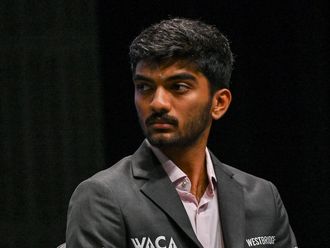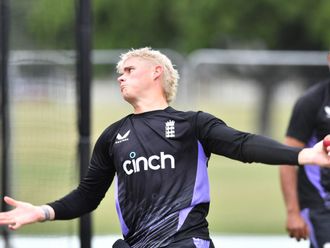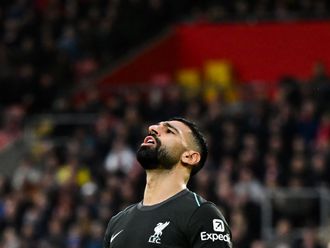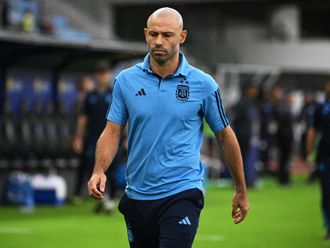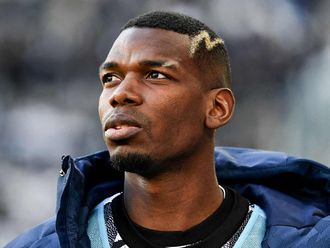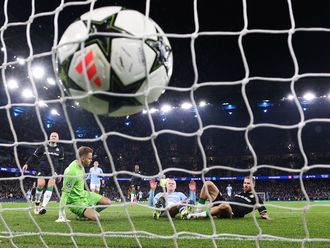Mumbai: India’s elite athletes have piled the pressure on the Indian Olympic Association (IOA) and demanded the removal of all tainted officials in order to overturn the country’s Olympic ban.
The IOA was suspended by the International Olympic Committee (IOC) last year for electing Lalit Bhanot, who served 11 months in jail on corruption charges, as its secretary general during its controversial December poll.
During crucial meetings in Lausanne in May, the IOC offered the country a lifeline, asking the suspended IOA to amend its constitution and, among other things, bar any person charged for corruption from holding office.
But in a meeting this month, the IOA refused such a blanket ban, instead proposing an ethics committee would look into the case of any official who has been convicted for less than two years in jail.
Abhinav Bindra, who won India’s only individual Olympic gold at the 2008 Beijing Games, said the administrators have failed the country which remains an Olympic laggard despite its 1.2 billion population.
“To a certain extent, yes (the IOA has failed the country),” Bindra told Reuters in an interview. “A lot needs to be done for Indian sport and with our potential we are nowhere near where we can be.
“We are still stuck with fighting on clauses that are absolutely non-negotiable... something which is all about ethics.
“The ethical standards are laid down under the Olympic Charter and to defy that is not good. It does not go well for the Olympic movement,” said Bindra, who has been joined by Sushil Kumar, who won a wrestling bronze in Beijing and silver in London, and multiple grand slam doubles winning tennis player Mahesh Bhupathi in demanding a corruption-free IOA.
The Indian government has also backed the IOC’s efforts in barring tainted officials from contesting the national Olympic body’s elections.
Bindra said there has been good response to the petition, which will be sent to IOC president Jacques Rogge, pleading the world governing body to maintain the “highest moral standards” of the Olympic Movement in the country.
“We are at a stage where we can either get reforms in place or go back to the status-quo,” Bindra, one of the few Indian athletes to consistently question India’s sports administrators, said.
“This petition was started because of all that has happened in the last few weeks.
“We want a clean and effective Olympic body where it can help us and Indian sports to grow and we athletes can represent our country and our flag once again.” NO FLAG The issue is expected to be discussed when the IOC meets in Buenos Aires this week to elect a successor to Rogge and pick the venue for the 2020 Games.
“There are always going to be some disgruntled people. We have accepted all that the IOC has asked of us,” Tarlochan Singh, a vice president of the banned IOA, told Reuters.
“But we told the IOC that we should have respect for the law of the land which does not bar a person, who has just been charged, from contesting elections.” An Olympic ban means an effective end to funding from the IOC to the national body. No officials from that association can attend meetings and athletes of a banned nation cannot compete under their country’s flag.
“It has been frustrating,” Bindra said. “The recent Asian youth games has been a prime example where our athletes took part as independent athletes under the banner of the Olympic Council of Asia. It is disheartening and frustrating.
“I think we should follow the Olympic charter and the guidelines as the whole world is following it,” he said. “We have been suspended for a year now and we should get back more reformed.
“The most important thing is that we have to have guidelines and a structure so that what has happened doesn’t repeat itself.
“If you have guidelines set in your constitution, we should never get into a similar situation in the future.” (Editing by Patrick Johnston)


